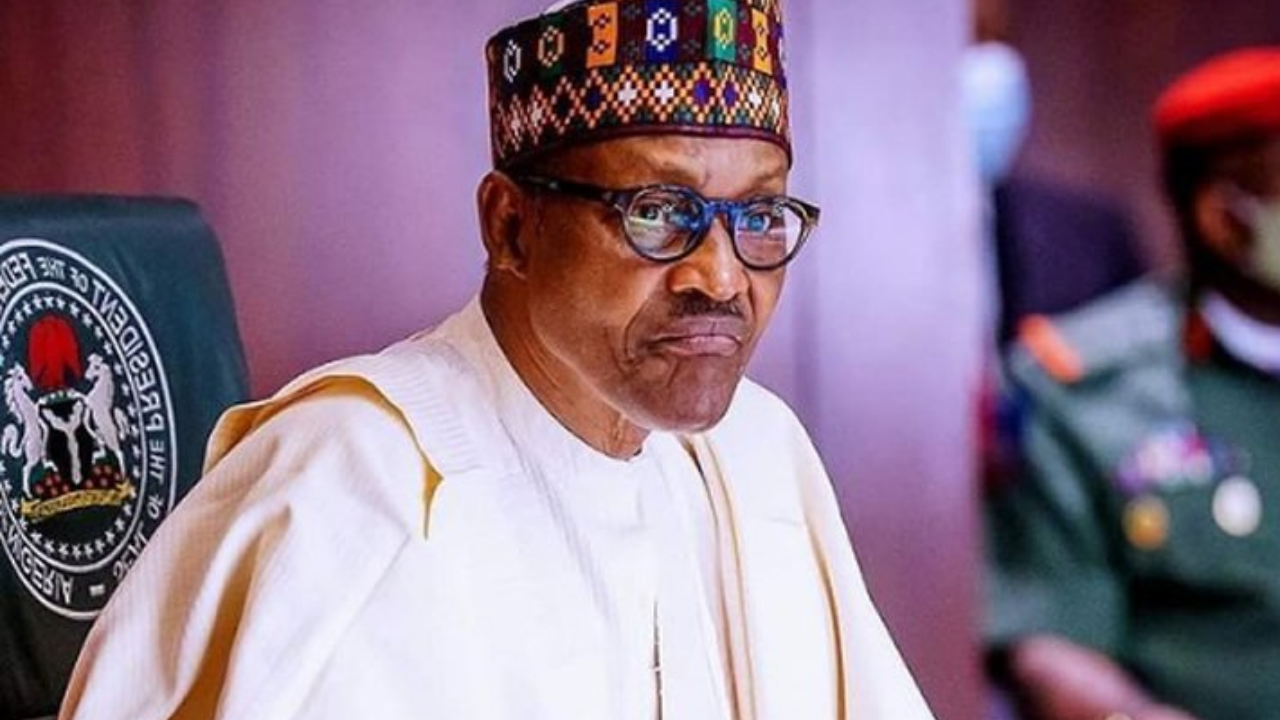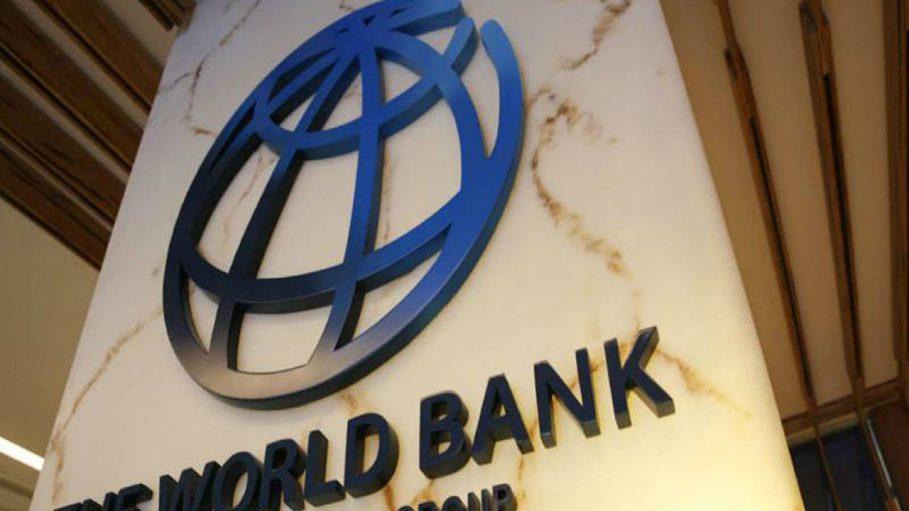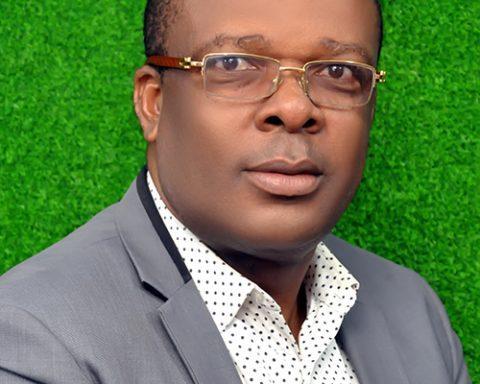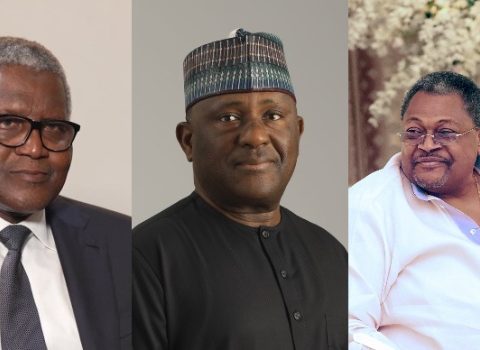The Federal Government, on Thursday, blamed powerful interests for the massive deforestation in states where loggers fell trees for the commercial production of charcoal.
It said the ongoing activities are impeding the FG’s goal to plant 25 million trees by 2030 under the afforestation policy of the Buhari regime.
Join our WhatsApp ChannelMinister of Environment, Mohammed Abdullahi, disclosed this to State House Correspondents during the 69th session of the Ministerial Media Briefing organised by the Presidential Communications Team at the Aso Rock Villa, Abuja.
Abdullahi revealed that the FG’s efforts to contain the menace and save the environment had suffered resistance from States who argue that the trees are not under the purview of the FG.
He said, “The activities of the people in the charcoal business, with all due respect, are being supported by a number of powerful people at the sub-national level.
“And if we try to do some level of enforcement, they will tell you, ‘we own this territory,’ you are federal government and you cannot enforce your rule and policy on us.
“The challenge we are facing under deforestation and charcoal is engaging Nigerian Governors Forum because of the Land Use Act.”
He explained that although the FG does not wield control over state government lands, it is discussing with some states to “work out a modality” such as the one implemented by the El-Rufai-led administration in Kaduna.
“It has invested some hectares of land to plant and we are working with the local governments. So, we are projecting other states will follow suit,” the minister noted.
He said the government had deployed a regulatory instrument to track forest areas with the most pressure.
Abdullahi explained, “After tracking it, we raise red flags and then engage those communities and the state governments so that a solution can be brought to arrest the continuous challenge to our forest.
READ ALSO: Energy Transition: Nigeria Targets Elimination Of Kerosene Use By 2030 – Buhari
Deforestation
“So, that is part of the challenge in terms of controlling these activities. But in spite of this, the task force is still there, going after some of them on ad-hoc basis, trying to find out who and who is involved, who licensed who. We are doing our best to curb the situation.”
The minister also revealed that the FG had completed plans for the next phase of the Ogoni clean-up exercise, explaining that “President Buhari will Flag off the next stage of the clean-up, the hospital center of excellence project, amongst others, in the next few weeks.
Highlighting the Ministry’s efforts at reducing environmental degradation, Abdullahi stated that it developed the National Drought and Desertification Policy and National Drought Preparedness Plan and engaged in the global effort on Land Degradation Neutrality by 2030 to achieve its target of 15.3 per cent per annum.
He disclosed that the National Forestry Trust Funding had been established to drive the National Forestry Investment Programme, 2019 – 2023: to the tune of N259,217.09 million, with five key areas of investment support, such as landscape management, forest governance issues, forest information systems capacity building and cross-sectoral issues, identified. This, according to him, will tackle deforestation.
The former Nasarawa state Attorney-General also said the FG had secured Buhari’s approval on the establishment of 10 new National Parks.
They are Edunenun Marine Park, Apoi Marine Park (Bayelsa State), Kogo National Park (Katsina State), Oba hills National Park (Osun State), Kampe National Park (Kwara State), Falgore National Park (Kano State), Hadeja Nguru Wetland (Jigawa/Yobe State), Alawa National Park (Niger State), Pandam National Park (Plateau State), Marhai National Park (Nasarawa State).”
On Climate change, Abdullahi noted that Nigeria’s response to tackling climate change is multijurisdictional, multi-sectoral and multi-disciplinary.
“The government has signed a $700m agreement in the 19 Northern States to ensure land remediation, and oasis recovery, through the Agro Climatic Resilience for Semi-Arid Landscape project.
“We also Signed the Effectiveness Agreement with the EIB for 175 million Euros for land recovery, erosion control and watershed management in 23 states namely: Crossriver, Imo, Anambra, Enugu, Abia, Ebonyi, Delta, Edo, Ekiti, Ondo, Oyo, Ogun, Kogi, Nasarawa, Niger, Plateau, Gombe, Borno, Kano, Katsina, Sokoto and Kaduna,” he explained.














